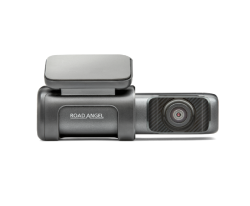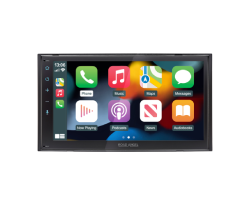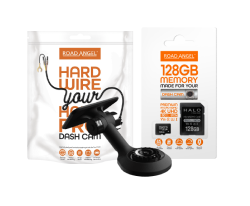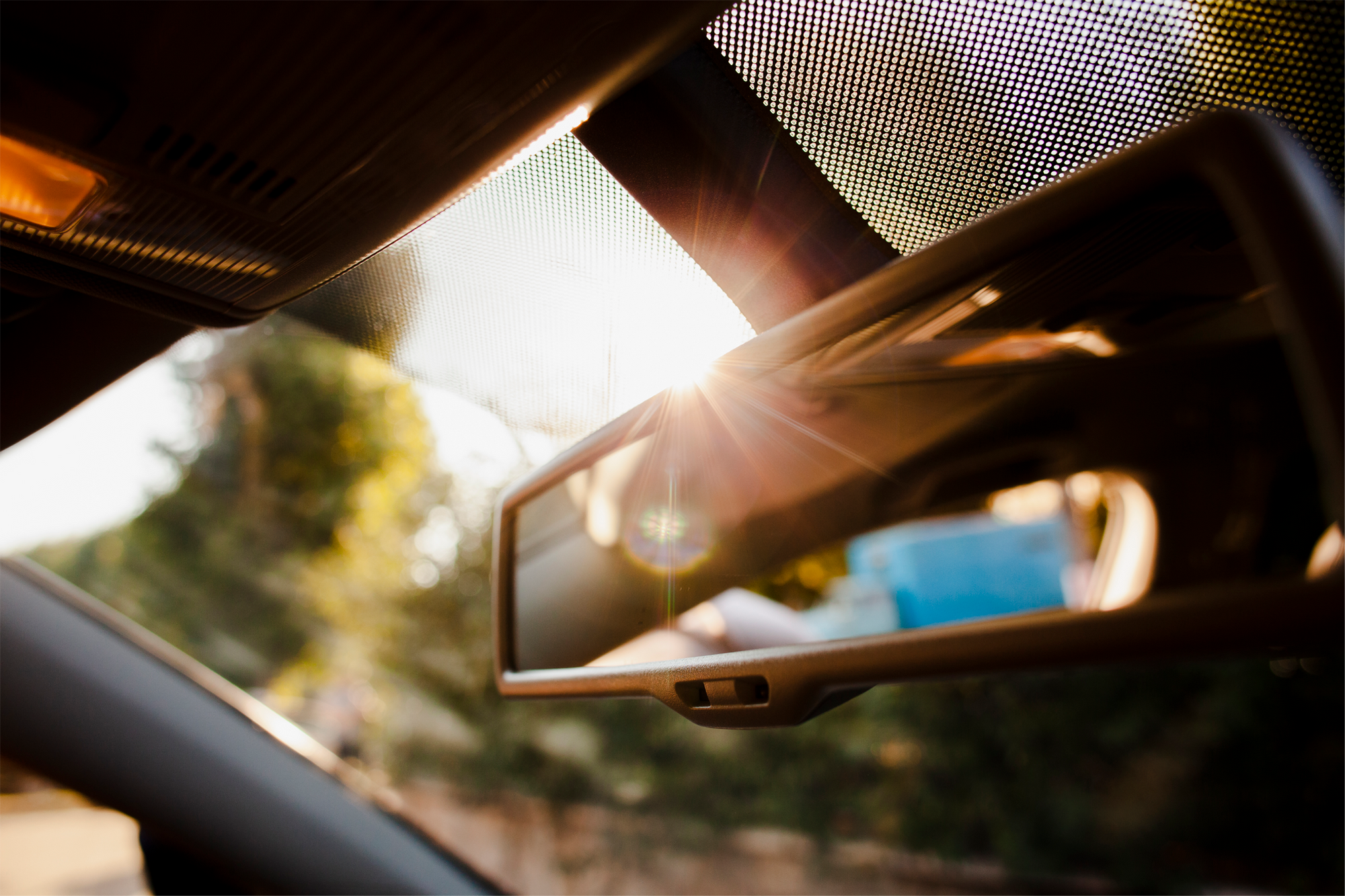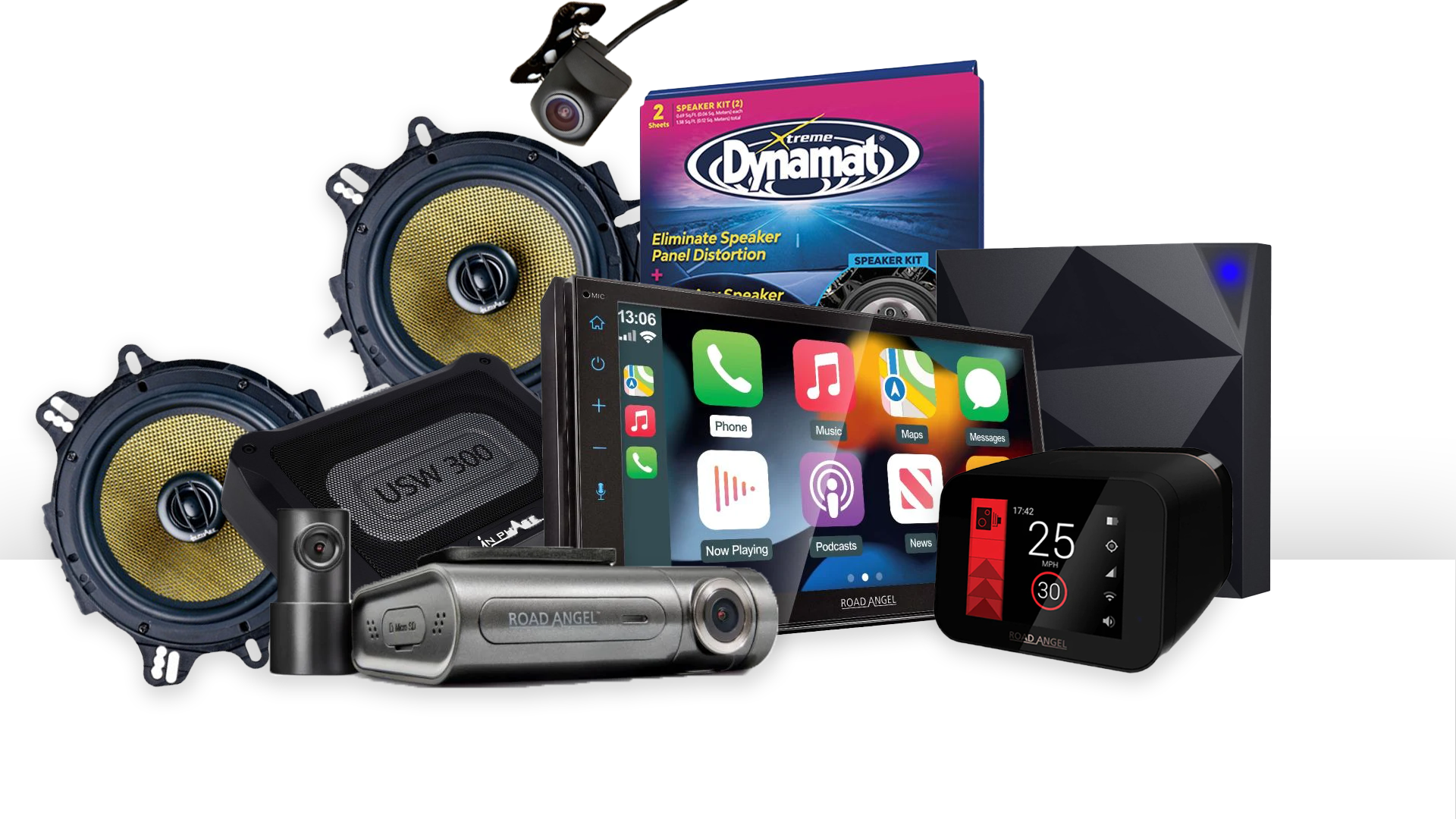A dash cam can potentially capture evidence of a speeding incident or provide context surrounding an alleged speeding offense. It can be used as a tool to record and document the circumstances of an incident from the perspective of the vehicle's occupants.
While dash cam footage can be used as evidence in legal proceedings, including speeding offenses, its admissibility and weight in court depend on various factors, such as the quality of the footage, which is why purchasing a high-quality dash cam is paramount.
If a dash cam captures an incident of speeding, the footage may be submitted to the relevant authorities or used as evidence to dispute a speeding allegation. However, it is essential to remember that solely relying on dash cam footage to contest a speeding offense might not guarantee a successful defence, as other evidence and factors will be considered.
Ultimately, the primary responsibility for proving or disproving a speeding offense lies with law enforcement agencies and the judicial system, which considers a range of evidence, including dash cam footage, if available, along with other relevant factors.
Always do your own research or seek legal advice if you are considering using dash cam footage as evidence regarding speeding.
Can a dash cam record speed?
Yes, some dash cams have the capability to record and display the speed of the vehicle. These dash cams are often equipped with a built-in GPS module that can track the vehicle's location and speed. The GPS data is then overlaid onto the recorded video footage, providing a visual representation of the vehicle's speed at any given time.
The speed information recorded by a dash cam can be useful for various purposes, such as monitoring driving habits, providing evidence in case of accidents or disputes, or even assisting with driver training. However, it's important to note that the accuracy and reliability of the speed data provided by a dash cam's GPS module can vary between different models and manufacturers.
If you are specifically interested in a dash cam with speed recording functionality, then check out our range of dash cams, read our reviews & make an informed decision to keep you safe on the road!

How accurate is a dash cam’s speed recording functionality?
The accuracy of a dash cam's speed recording functionality can vary depending on several factors, including the quality of the GPS module, the software algorithms used for speed calculation, and the overall design and calibration of the device. Here are a few key points to consider:
- GPS Module Quality: The accuracy of the speed recording feature is heavily reliant on the quality and sensitivity of the dash cam's GPS module. Higher-end dash cams tend to have better GPS modules, which can provide more precise speed data.
- Signal Reception: The effectiveness of a GPS module in accurately capturing speed may be affected by signal reception. Buildings, tunnels, dense foliage, and other obstacles can potentially interfere with GPS signals, leading to inaccuracies in speed recording.
- Sampling Rate: The frequency at which the GPS module collects data can impact the accuracy of speed recordings. A higher sampling rate allows for more precise speed calculations, particularly when there are changes in speed over short intervals.
- Calibration and Software Algorithms: The calibration of the GPS module and the software algorithms used to calculate speed can also influence accuracy. Proper calibration and advanced algorithms can enhance the precision of speed recordings.
- Environmental Factors: Various environmental conditions, such as heavy cloud cover, can potentially affect GPS signal reception, which may impact the accuracy of speed recordings.
It's important to note that while dash cams can provide speed recordings, they may not be considered legally certified devices for measuring speed. Therefore, they might not be admissible as primary evidence in a court of law to challenge or dispute a speeding offense. Official speed measurement devices, such as radar guns or speed cameras, are generally considered more accurate and authoritative for legal purposes.
Can you be prosecuted for speeding with dash cam footage?
This one works both ways - Yes, dash cam footage can be used as evidence in prosecuting speeding offenses, including in court proceedings. Dash cam footage capturing an incident of speeding can be submitted to law enforcement authorities and used as evidence to support or prove the alleged offense. However, it's important to note that the admissibility and weight of dash cam footage as evidence can depend on various factors, including the quality of the footage, its relevance, and the specific rules and regulations of the jurisdiction where the offense occurred.
To ensure the proper use and acceptance of dash cam footage as evidence, it is advisable to consider the following:
- Quality and Clarity: The dash cam footage should be clear and of sufficient quality to accurately depict the events, including the vehicle's speed. Blurry or distorted footage may be less reliable and may not be given as much weight in court.
- Calibration and Accuracy: If the dash cam records speed information, it's important to ensure that the GPS module or speed detection mechanism is properly calibrated and accurate. Any discrepancies or doubts about the accuracy of the speed recording could weaken the strength of the evidence.
- Chain of Custody: It may be necessary to establish a clear chain of custody for the dash cam footage, documenting its handling, storage, and retrieval to maintain its integrity as evidence.
- Compliance with Legal Requirements: Dash cam usage should comply with relevant laws and regulations regarding privacy, data protection, and the use of electronic devices while driving.





